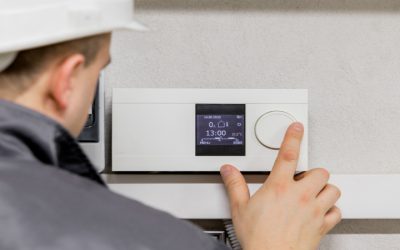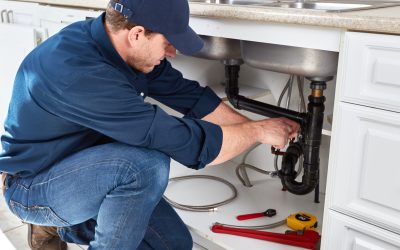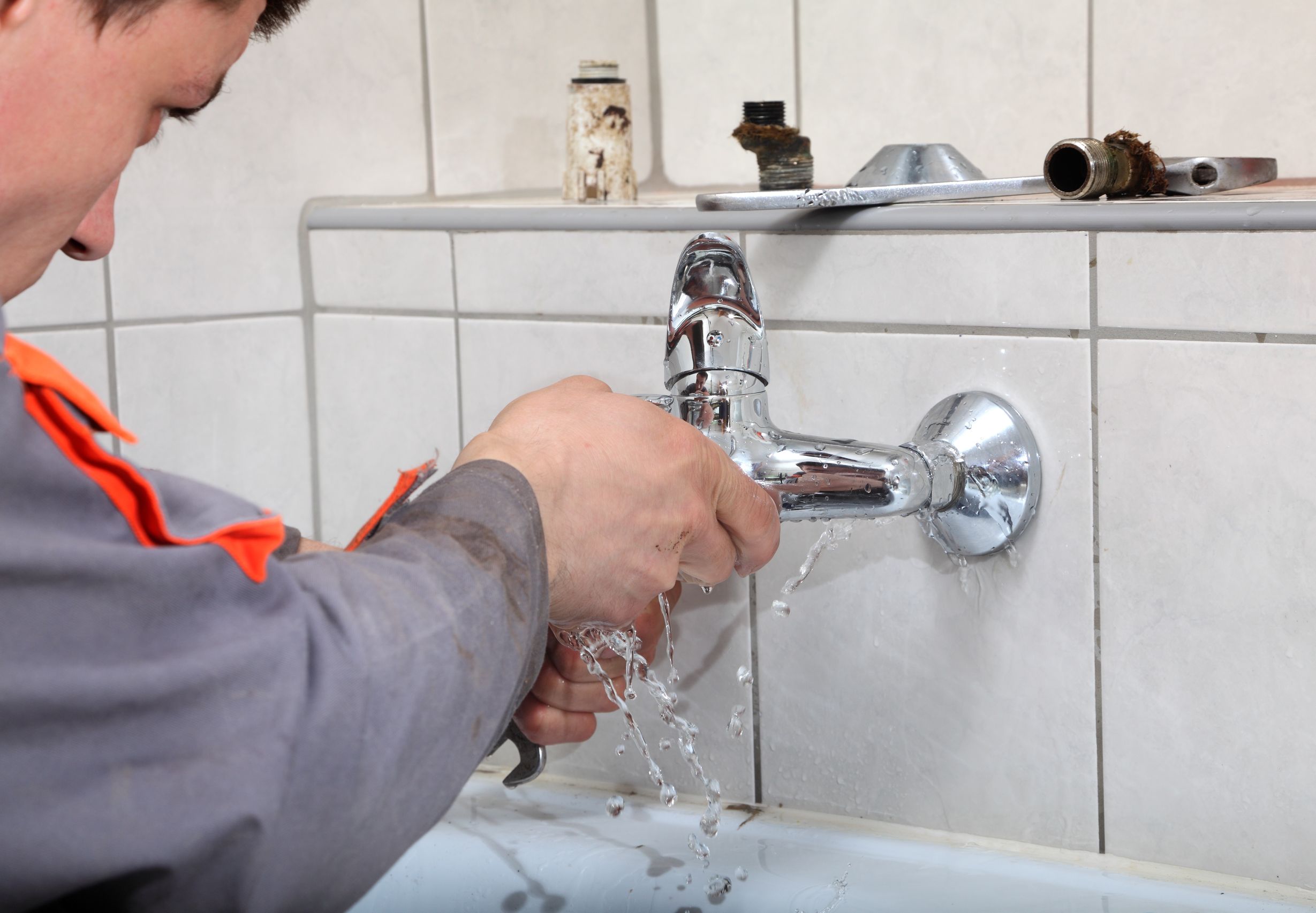If you live in Arizona, you’ve likely experienced the effects of hard water firsthand—spots on glassware, dry skin, soap that doesn’t lather well, and buildup around faucets. But hard water isn’t the only concern. Tap water in many Arizona communities may also contain chlorine, sediment, or even trace contaminants. This raises the question: Should you install a water softener or a water filter? Or do you need both?
Understanding the difference between a water softener and filtration system is crucial when deciding how to improve your home’s water quality. In this blog, we’ll break down what each system does, the benefits of combining both, and how to choose the right residential water filtration systems for your Arizona home.
Understanding Arizona’s Water Challenges
Arizona’s water supply, particularly in cities like Phoenix and Tucson, is known for high levels of minerals such as calcium and magnesium. These minerals contribute to “hard water,” which, while not harmful to drink, can cause:
• Mineral deposits in pipes and appliances
• Soap scum and residue on dishes and glassware
• Dry skin and brittle hair after bathing
• Reduced efficiency of water-using appliances
In addition to hardness, municipal water in Arizona is often treated with chlorine and may contain sediment or trace contaminants, depending on the water source. That’s where a residential water filtration system comes in—to address taste, odor, and chemical impurities.
What Does a Water Softener Do?
A water softener is designed specifically to remove hard minerals, mainly calcium and magnesium, from your water. This process is known as ion exchange, where the minerals are replaced with sodium or potassium ions.
Benefits of a Water Softener:
• Prevents scale buildup in pipes and appliances
• Improves soap and detergent performance
• Reduces spotting on dishes and fixtures
• Extends the life of water heaters, dishwashers, and washing machines
• Makes skin and hair feel softer after bathing
However, water softeners do not remove chlorine, sediment, bacteria, or other impurities from your water.
What Does a Water Filter Do?
A water filtration system is designed to remove a wide variety of contaminants. Different types of filters target different pollutants, such as:
• Activated carbon filters – Remove chlorine, odors, and chemicals
• Reverse osmosis systems – Remove dissolved solids, lead, fluoride, and more
• Sediment filters – Remove sand, rust, and particulates
• UV purifiers – Eliminate bacteria and viruses
Depending on the model, a residential water filtration system can provide purified water at one tap (point-of-use) or throughout the entire house (point-of-entry).
Water Softener vs. Water Filter: Key Differences
| Feature | Water Softener | Water Filter |
| Main Function | Removes hardness minerals | Removes chemicals, sediment, and toxins |
| Taste Improvement | No significant improvement | Yes, improves taste and odor |
| Appliance Protection | Yes | Depends on system type |
| Health Benefits | None directly | Can reduce exposure to contaminants |
| Ideal Use | Homes with hard water | Homes with water quality concerns |
The truth is, many Arizona homes benefit from both a water softener and a filtration system to address all aspects of water quality.
Should You Use Both in Your Arizona Home?
Absolutely, combining both systems offers a complete solution. The softener takes care of the minerals that damage your plumbing and appliances, while the filter ensures your water is safe, clean, and great-tasting.
This combination is especially helpful in areas with extremely hard water and where chlorine or chemical treatment of municipal water is common. Many modern systems now offer all-in-one solutions that combine softening and filtration in one unit, making installation and maintenance easier.
For homeowners looking to upgrade their water system, a reliable service can help you select and install the right combination tailored to your household’s needs.
Choosing the Right System for Your Home
When selecting between systems or deciding to install both, consider the following:
• Water hardness levels: You can test this with a home kit or hire a professional.
• Water source: Well water, city water, or a mix may require different treatments.
• Contaminants present: Get a full water analysis to determine if you need carbon filtration, reverse osmosis, or UV treatment.
• Household size: Larger homes require higher-capacity systems.
• Budget and maintenance: Factor in upfront costs, filter replacement, and system maintenance.
Working with a plumbing professional can help you interpret test results and configure a solution that meets your long-term goals.
Final Thoughts
Living in Arizona means being proactive about your home’s water quality. While a water softener protects your plumbing and appliances, a water filtration system protects your health and improves your water’s taste and clarity. For most households, combining both systems is the smartest way to tackle hard water and contaminants at the same time.
If you’re unsure which solution is right for your home, consult a licensed professional who can guide you based on your location, usage, and water quality test results. With the right residential water filtration system, you can enjoy cleaner, safer water for years to come.



